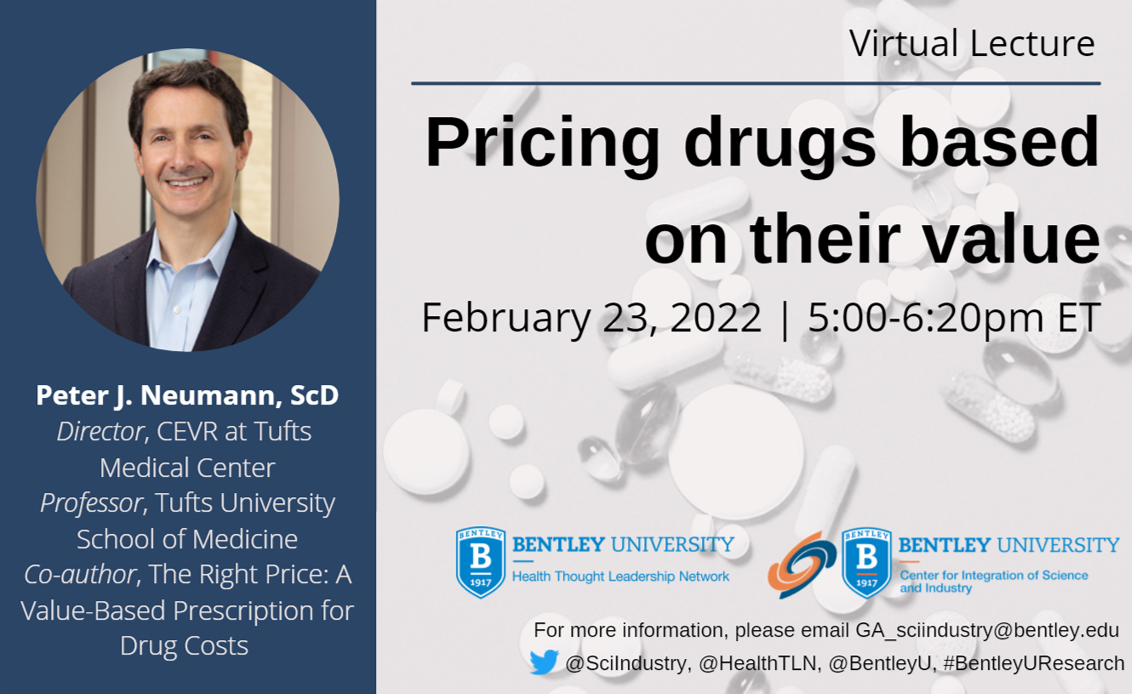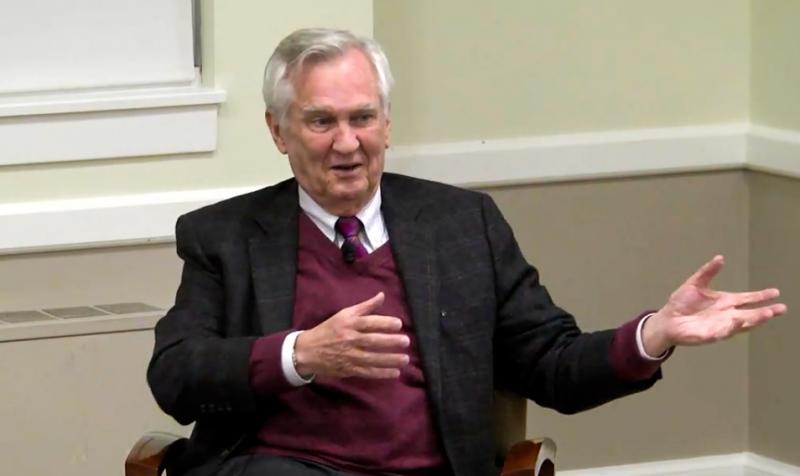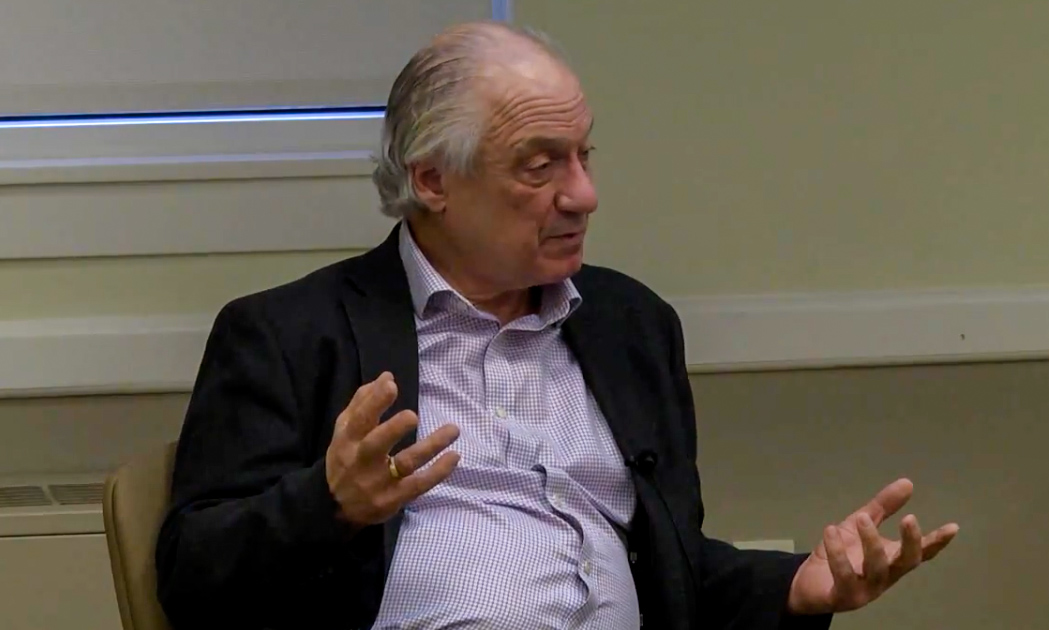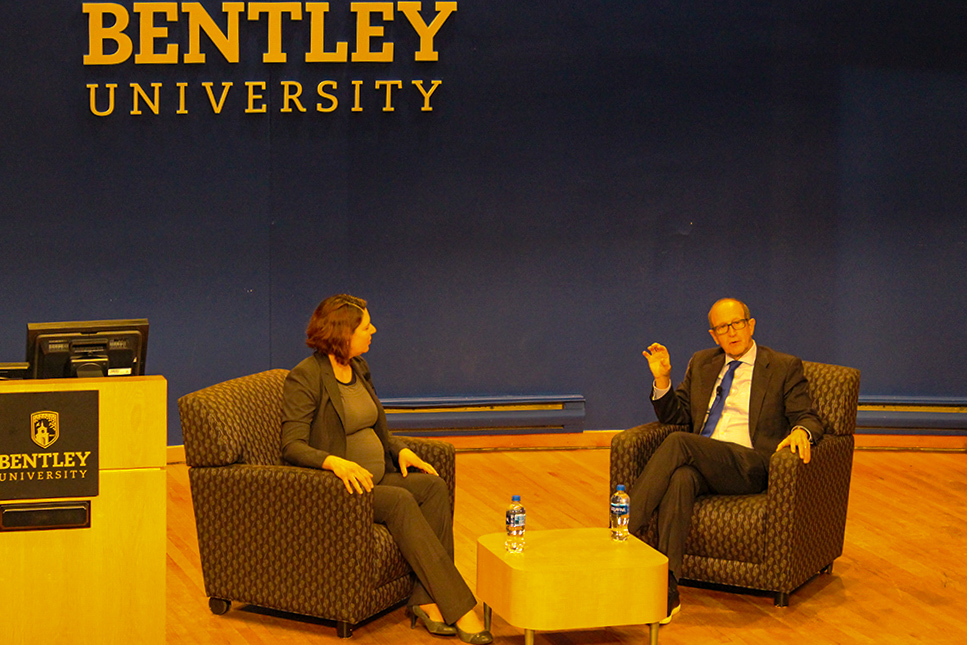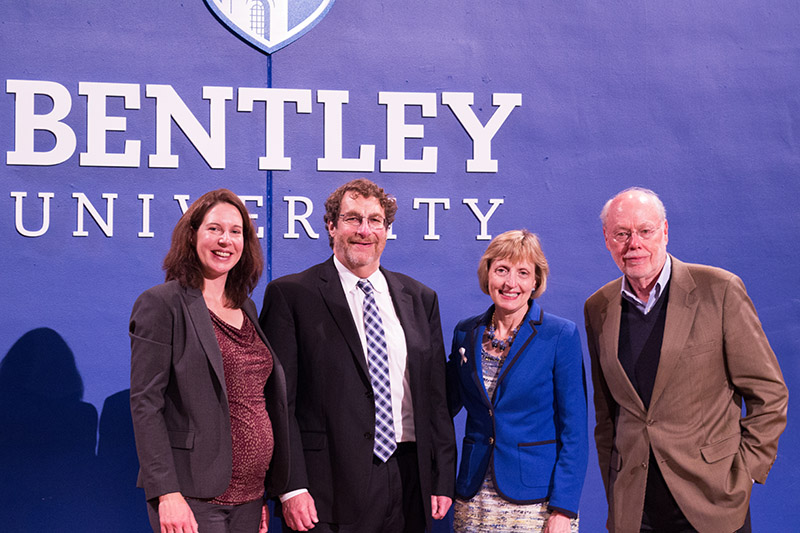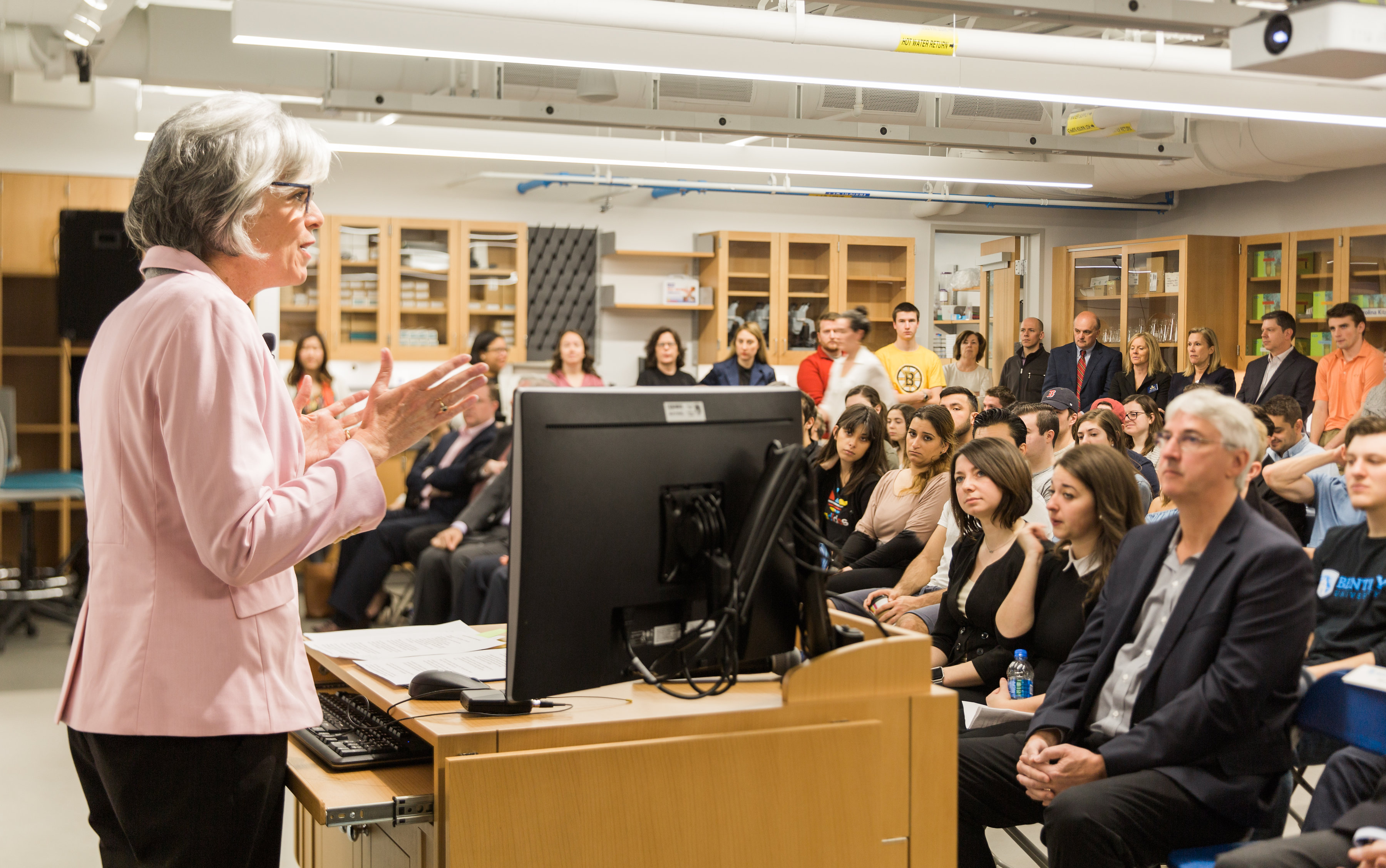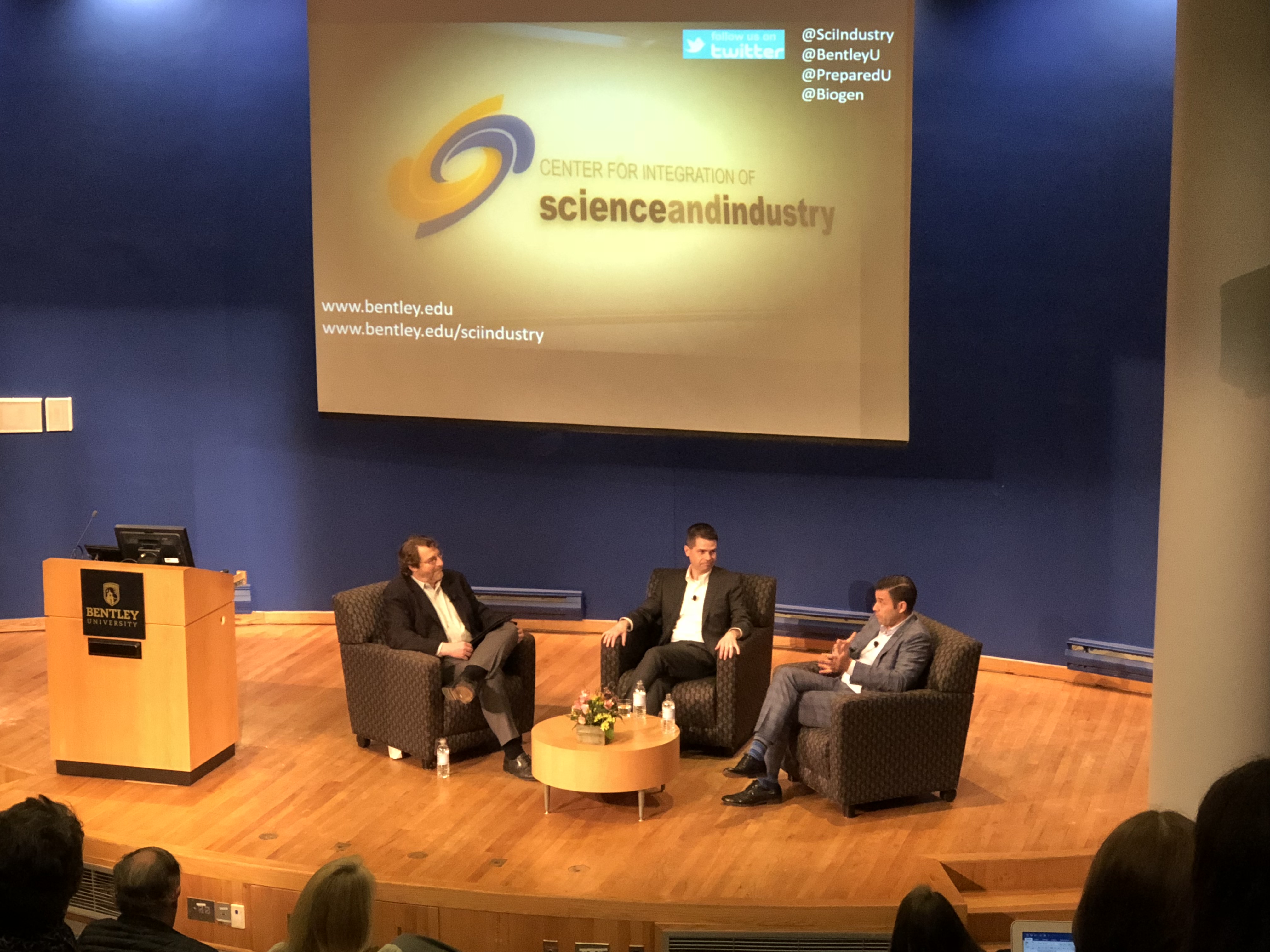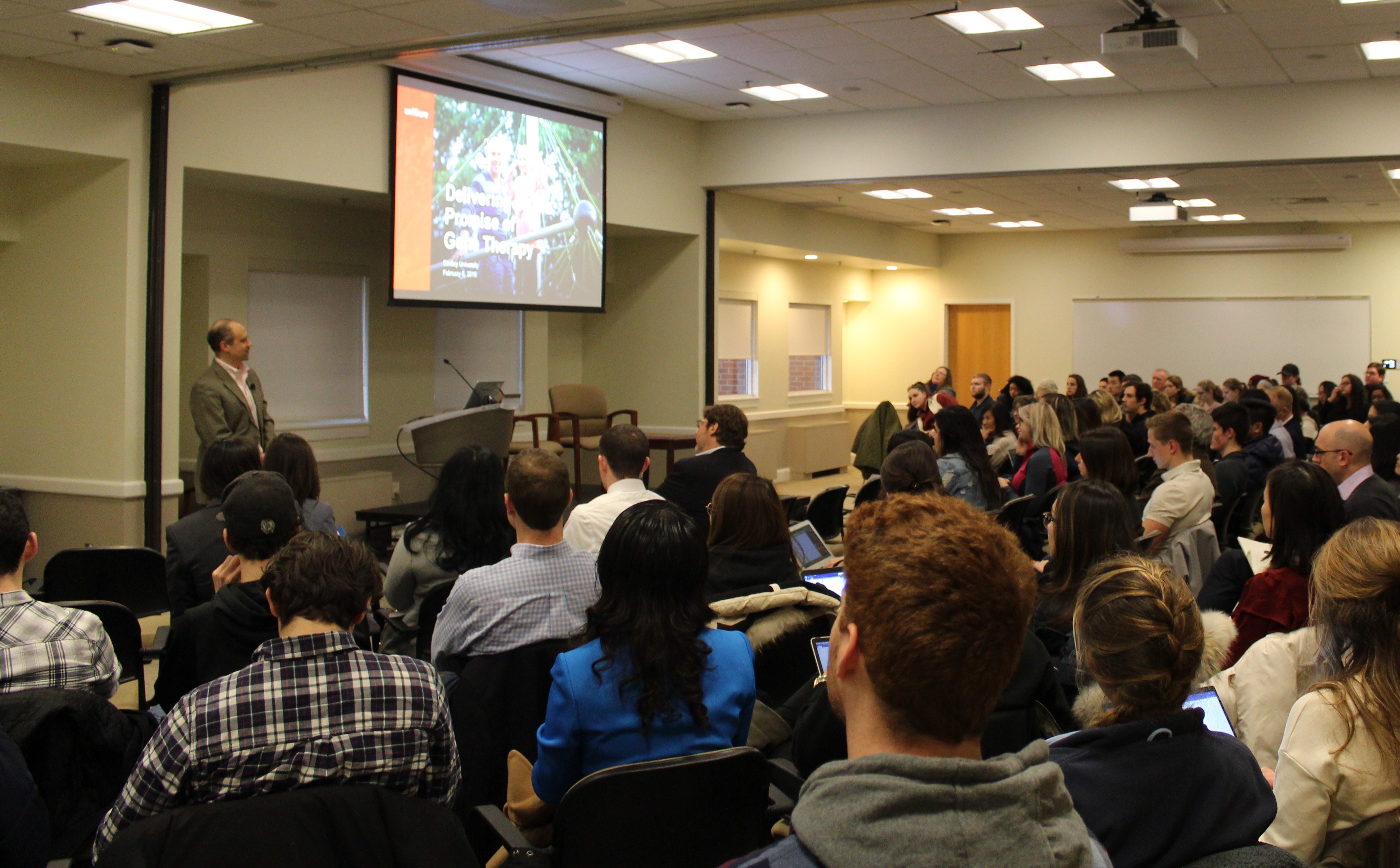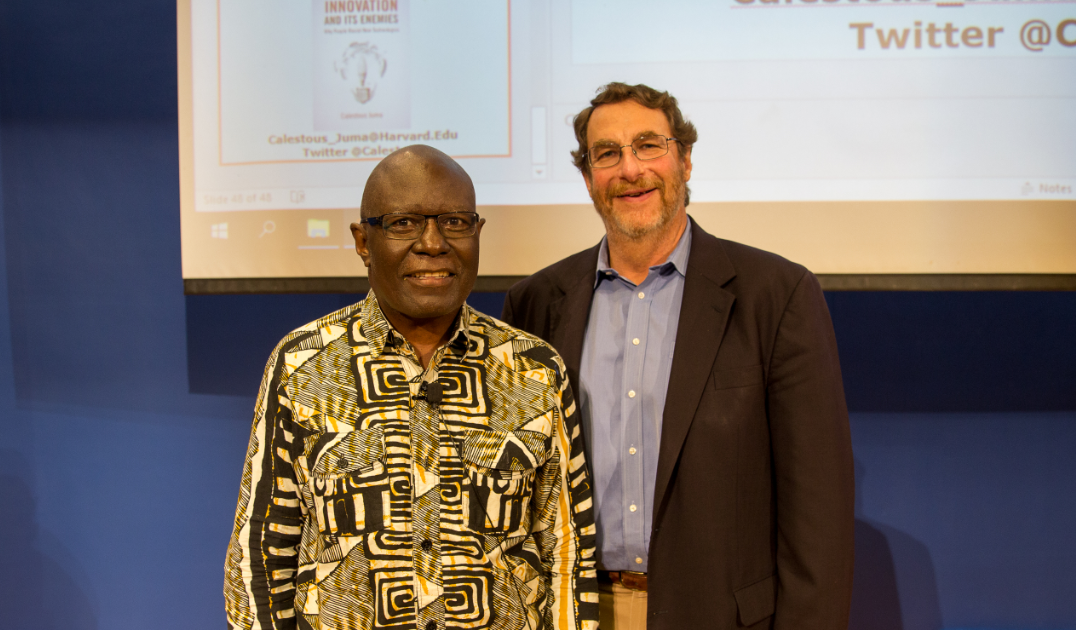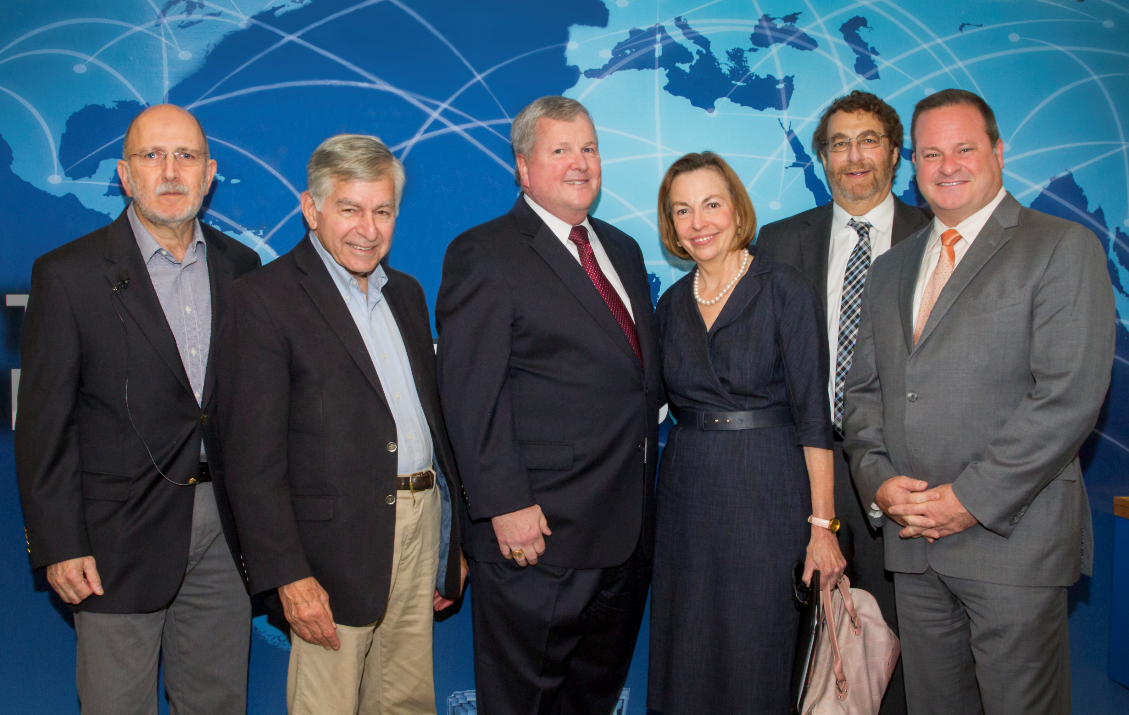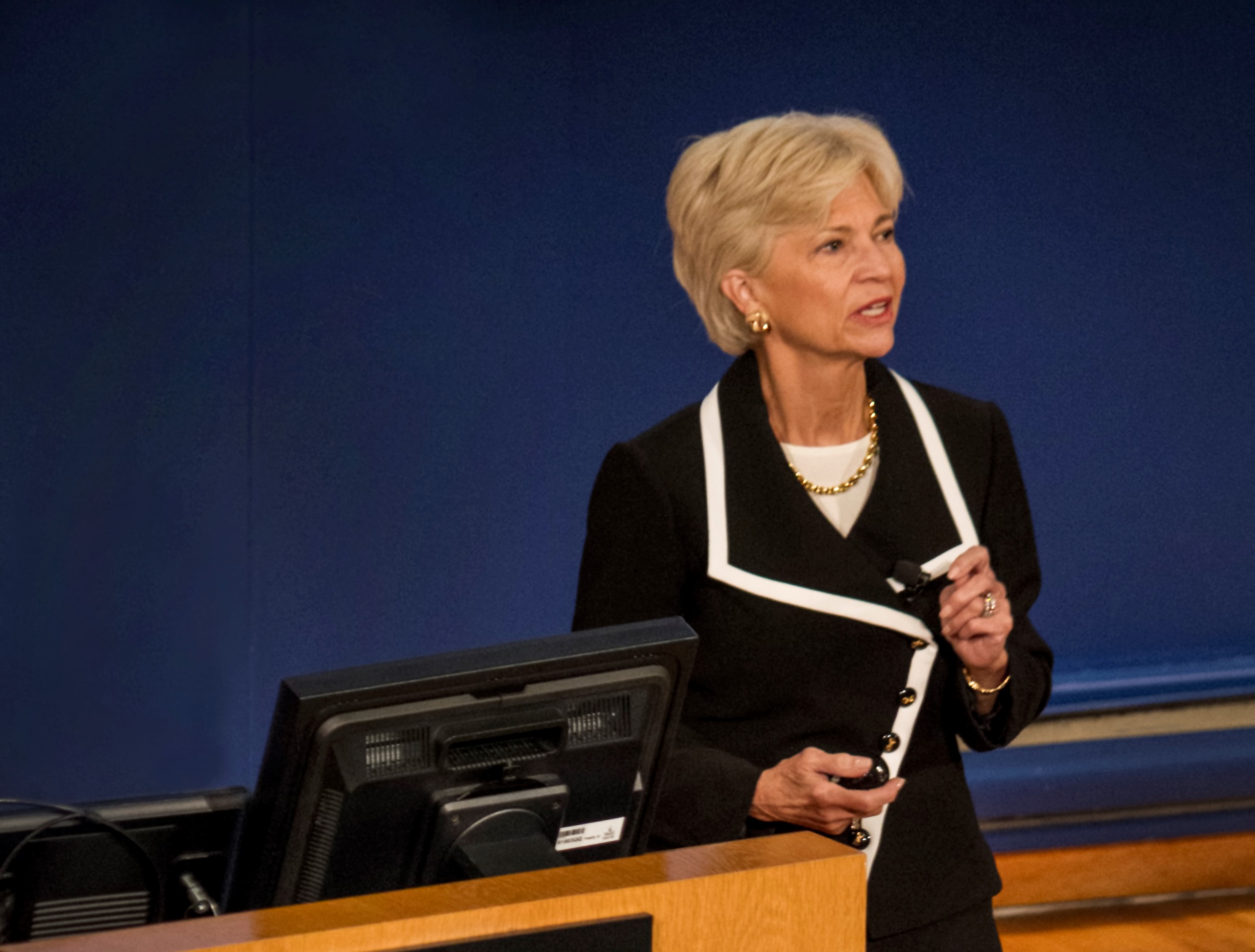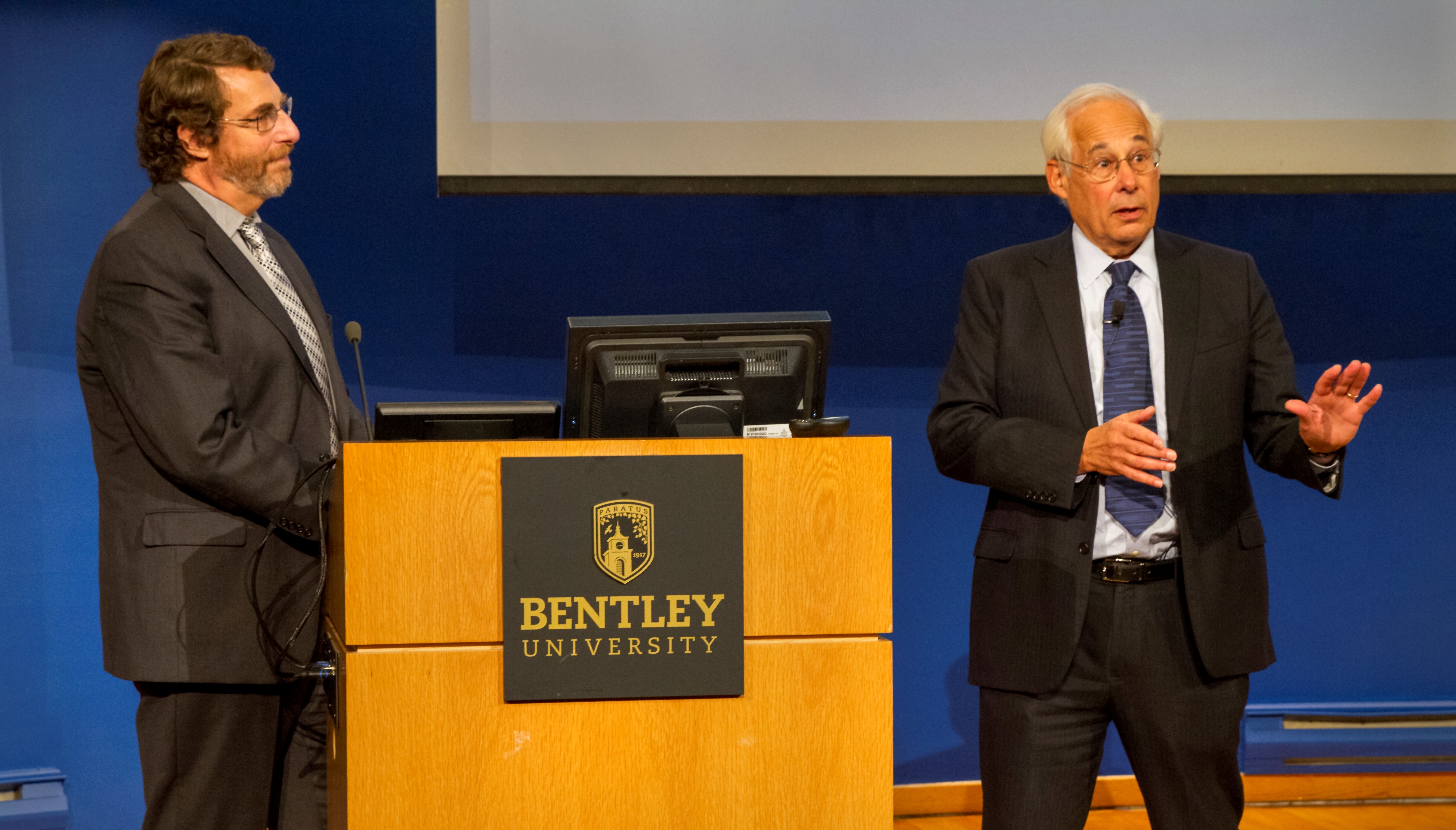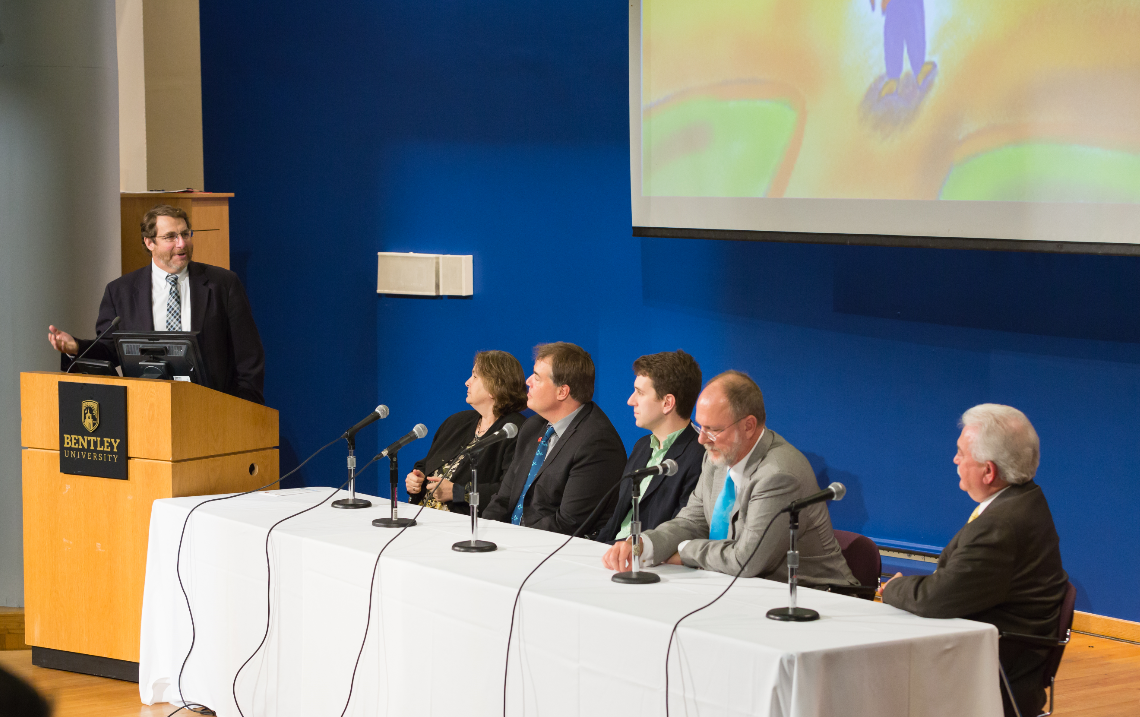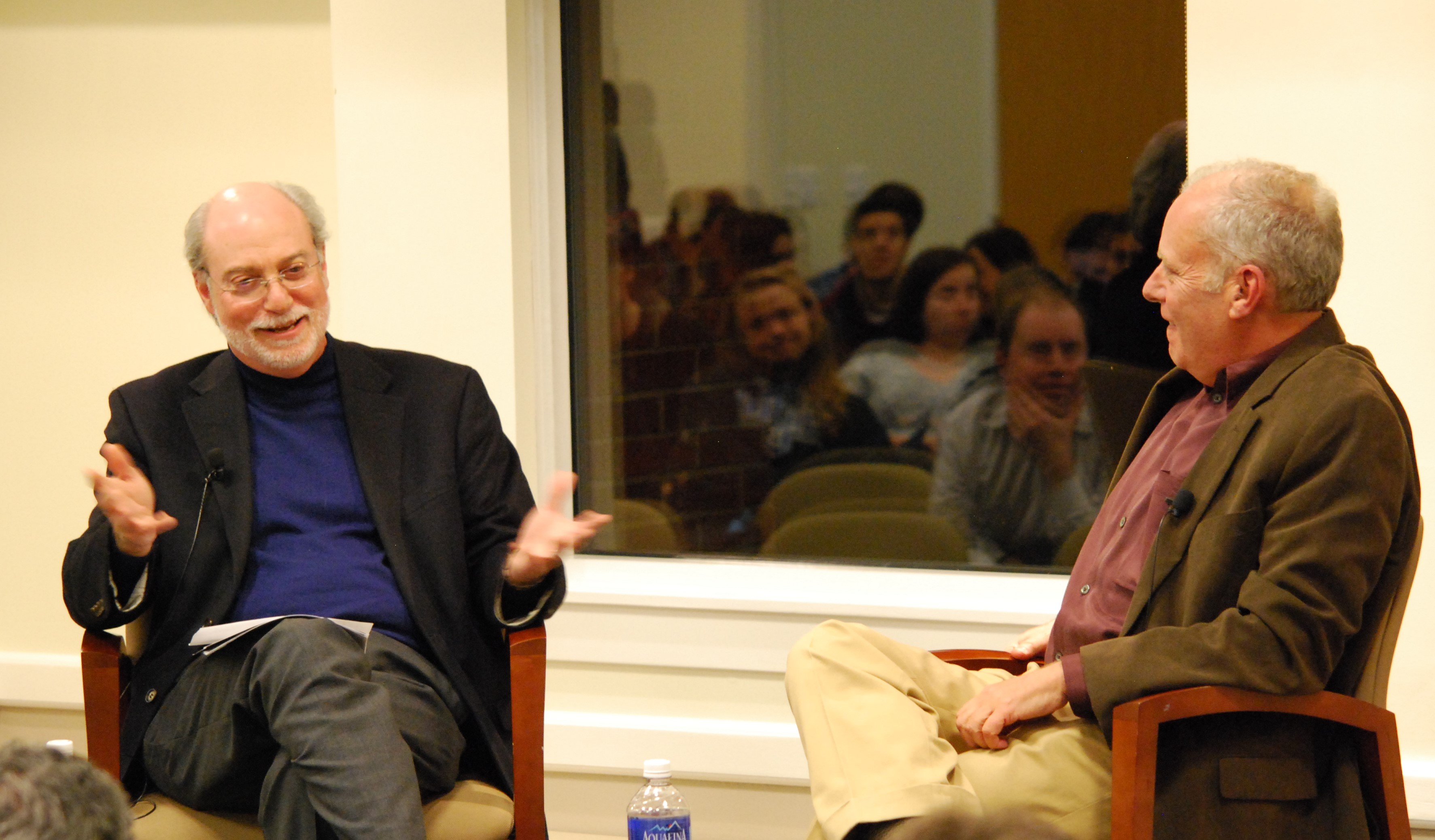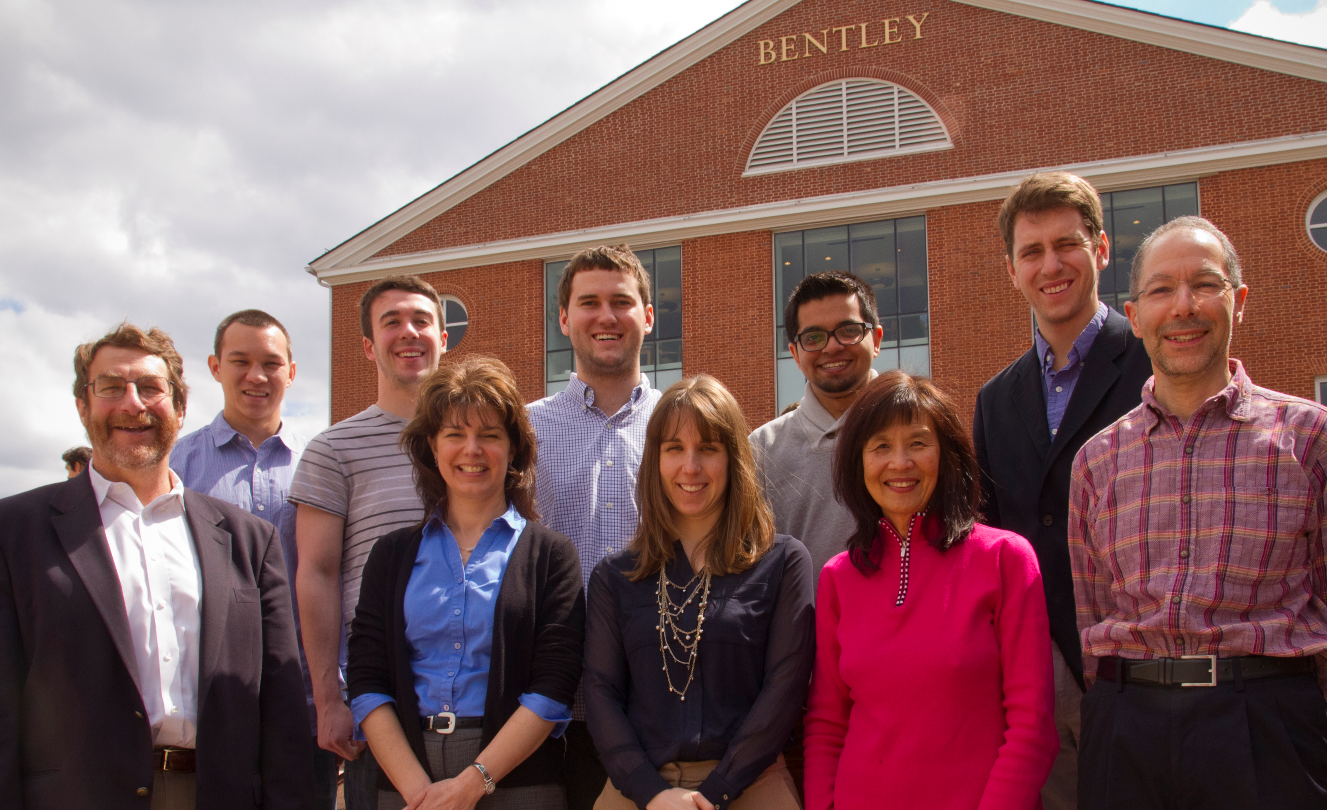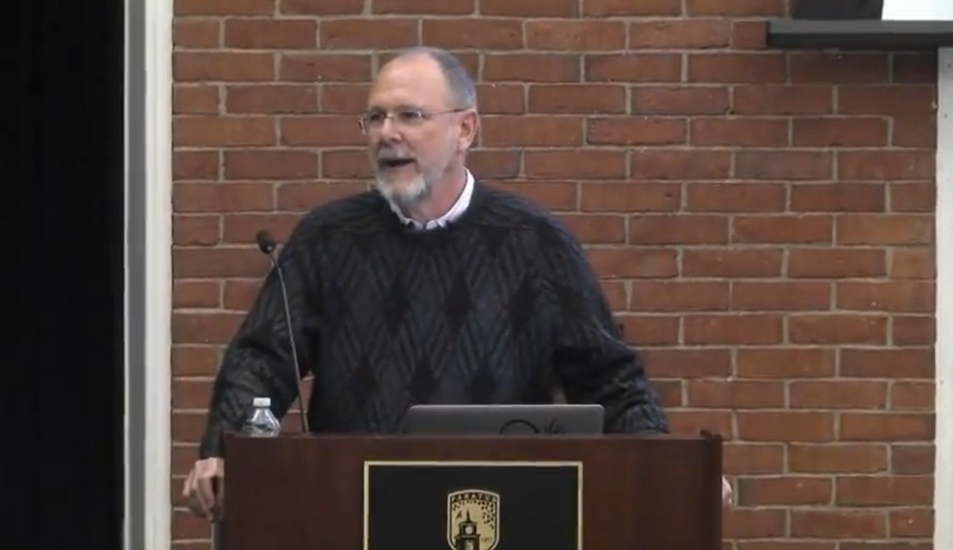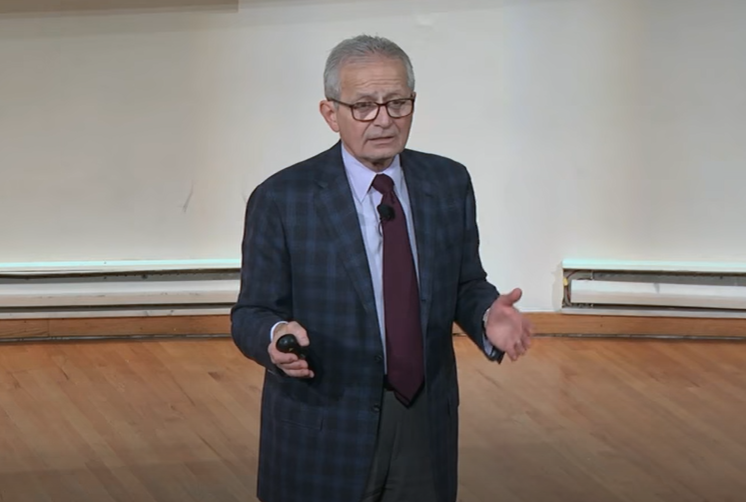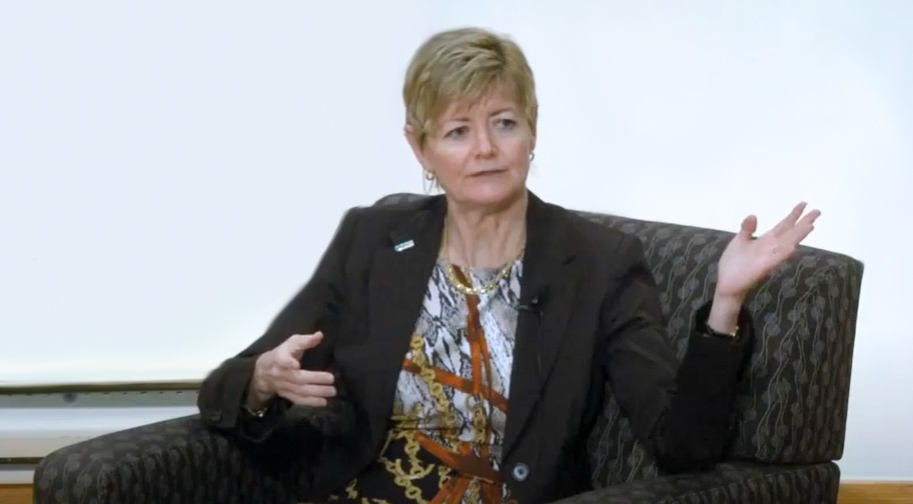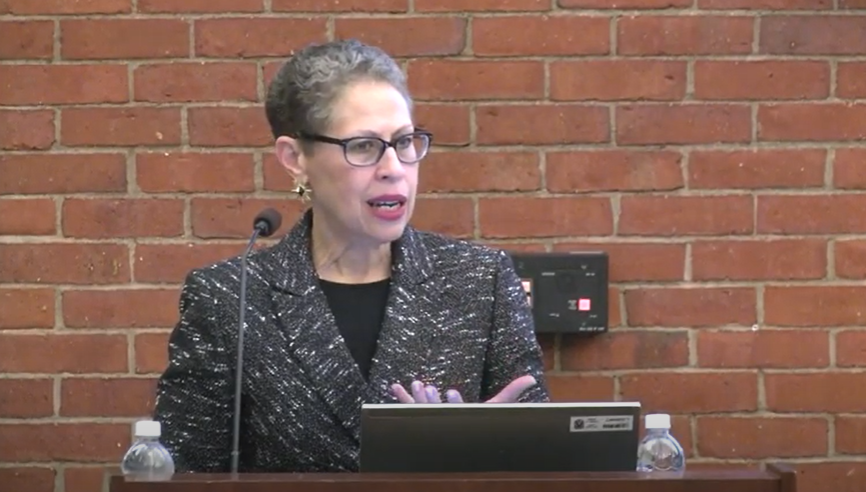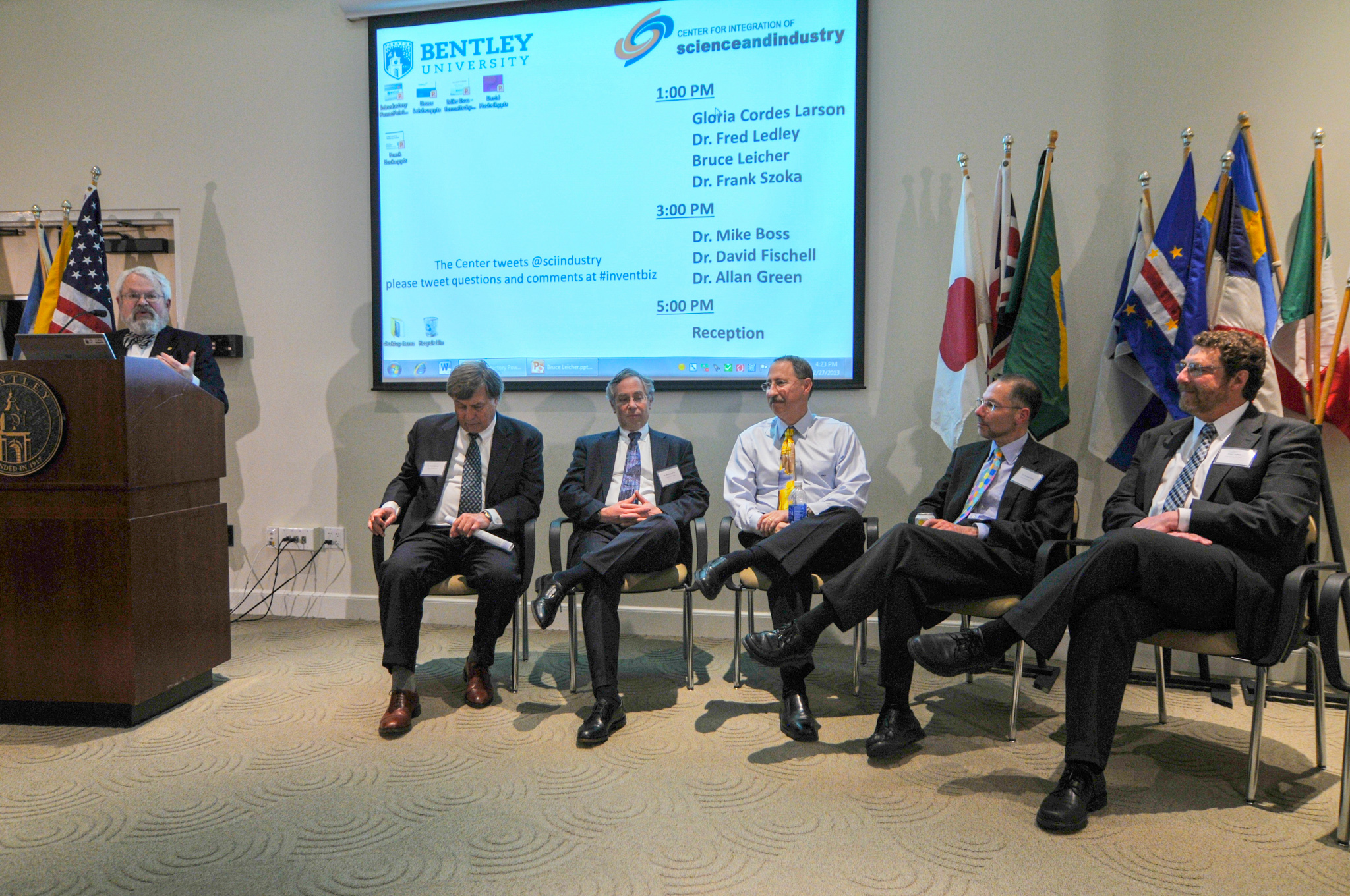UPCOMING EVENTS
PAST EVENTS
Leader: Dr. Matthew Jackson | March 16, 2021 | 9:00am - 10:30am EST
Discussants: Peter Neumann (Tufts Medical Center), Kathleen Miller (Food and Drug Administration), Jonathan Darrow (Bentley University/Harvard Medical School), Tahir Amin (I-MAK), Rena Conti (Boston University) and Frank Lichtenberg (Columbia University)
From 2010-2019, 356 New Molecular Entities were approved for therapeutic applications, the products of >$180 billion in public sector investment in basic research[1] as well as hundreds of billions of dollars of private sector investment in development. This workshop asks whether these products are innovative, whether they address burdens of disease, how to assess the public value resulting from this investment, including both health and economic benefits.
The goal of this workshop is to identify approaches and parameters for assessing the health value created by public and private sector investments in biopharmaceutical innovation. Learn more in the Executive Summary.
[1] Government as the First Investor in Biopharmaceutical Innovation: Evidence From New Drug Approvals 2010–2019. This work was funded, in part, by a grant from the Institute for New Economic Thinking.
Leaders: Dr. Fred Ledley & Dr. Öner Tulum[1] | March 16, 2021 | 10:30am - 12:00pm EST
Discussants: Ed Freeman (University of Virginia), Cynthia Clark (Bentley University), Pascale Lehoux (University of Montreal, Dept. of Health Management, Evaluation & Policy), Rick Wartzman (The Drucker Institute), Dana Brown (Democracy Collaborative), Rick Alexander (Shareholder Commons) and Judy Samuelson (Aspen Institute)
In 2019, the Business Roundtable issued a "Statement on the Purpose of a Corporation" that rejected the previously held position "that corporations exist principally to serve shareholders" and committed to a position that the purpose of companies is to "benefit of all stakeholders - customers, employees, suppliers, communities and shareholders.[2]" What does this mean for the biopharmaceutical industry? This workshop will explore the consequences of maximizing shareholder value, the business practices that perpetuate this purpose, and the changes necessary to assure the availability and affordability of innovative medicines that reduce the burden of disease.
The goal of this workshop is to identify key research questions that may better inform the pharmaceutical industry to serve the needs of all stakeholders. Learn more in the Executive Summary.
[1] Öner Tulum is from the Institute for New Economic Thinking.
[2] Statement on the Purpose of a Corporation.
Leader: Dr. Ekaterina Galkina Cleary | March 17, 2021 | 9:00am - 10:30am EST
Discussants: Ameet Sarpatwari (PORTAL/Harvard Medical School), Rosie Collington (UCL Institute for Innovation and Public Purpose), Peter Arno (Political Economy Research Institute, University of Massachusetts Amherst) and Sarah Emond (ICER)
The Covid-19 pandemic has highlighted longstanding public concerns about drug prices that compromise the affordability and availability of essential medicines, particularly in light of the substantial public sector investments in basic and applied science that enable pharmaceutical innovation. This workshop will explore what is meant by “reasonable drug pricing,” both for COVID and other diseases, and strategies for ensuring that medicines created from publicly funded science are affordable and available to that public.
The goal of this workshop is to conceptualize policies that recognize both the public and private sector investments in pharmaceutical innovation in ensuring reasonable drug prices. Learn more in the Executive Summary.
Leaders: Dr. Gregory Vaughan & Sean Dickson[1] | March 17, 2021 | 10:30am - 12:00pm EST
Discussants: Mark Namchuk (Harvard Medical School), Bernard Munos (FasterCures, a center for the Milken Institute), Lawrence Stein (formerly Genetics Institute; Celgene; Wyeth), Richard Frank (Harvard Medical School) and Craig Wheeler (Headwaters Biotech Advisors)
In 2018, the global biopharmaceutical industry invested over $180 billion in R&D.[2] R&D spending represented ~16% of the $1.2 trillion in global pharmaceutical sales,[3] 40% of which from the United States, where drug prices are 3.7x higher than in comparator regions.[4] This workshop asks how proposed policies designed to lower drug prices[5] may impact pharmaceutical R&D spending and the pipeline of new therapeutics in the future.
The goal of this workshop is to identify factors ways to model the relationship between pharmaceutical revenue, R&D spending and the rate of new drug approvals in the future. Learn more in the Executive Summary.
[1] Sean Dickson is from the West Health Policy Center.
[2] The 2019 EU Industrial R&D Investment Scoreboard.
[3] Of other companies, only China contributed >10% of sales.
[4] A Painful Pill to Swallow: U.S. vs. International Prescription Drug Prices. Prepared by Ways and Means Committee Staff, September 2019.
[5] For example, H.R.3 - Elijah E. Cummings Lower Drug Costs Now Act, 116th Congress.
Leader: Dr. Fred Ledley | March 18, 2021 | 9:00am - 10:30am EST
Discussants: Lita Nelsen (formerly MIT), Bhaven Sampat (Columbia University), Mark Edwards (BioScience Advisors), Lori Pressman (Independent Consultant), Jim Glasheen (formerly University of Massachusetts Medical School; Technology Partners Venture Capital) and Joe Allen (Joseph Allen & Associates)
The Bayh-Dole Act institutionalized the transfer of federally funded scientific advances from the public sector to industry where commercial development was expected to capture the public value embodied in innovative products, economic growth, and US-based jobs. The Bayh-Dole Act, however, may only apply to a small fraction of federally funded research that generates a “subject invention,” and may not capture the value of basic science.[1] This workshop will explore how the Bayh-Dole model may be reformed to advance the public return from federal investments in science.
The goal of this workshop is to suggest legislative approaches for ensuring an appropriate public return on public sector investments in basic and applied science. Learn more in the Executive Summary.
[1] US Tax Dollars Funded Every New Pharmaceutical in the Last Decade.
We would like to thank our discussants for their participation in our event. Due to the virtual nature of the meeting, we were unable to conduct book signings as we ordinarily do during our in-person events. However, we would still like to promote our discussants' work. Click here to view a list of books authored by some of our discussants.






